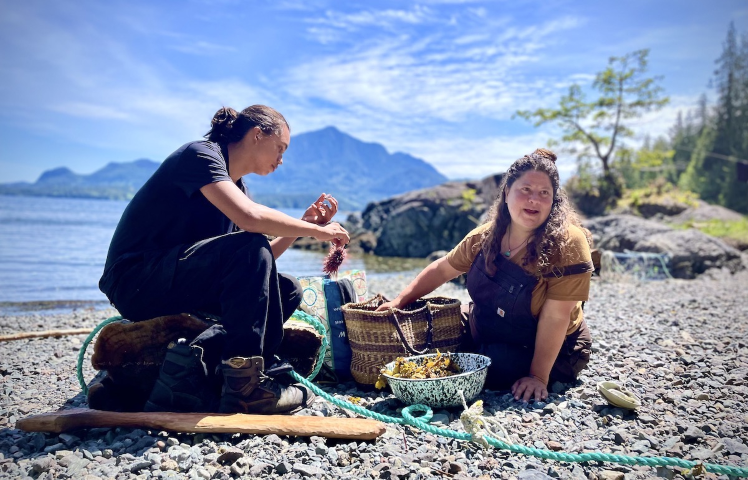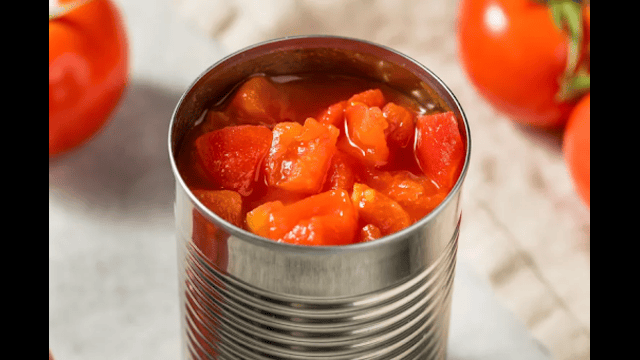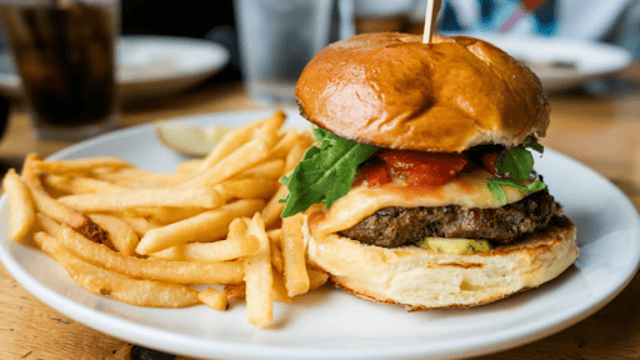
Nitanis Desjarlais and her son Chico Seitcham harvesting traditional foods like urchins and seaweed in Nuu-chah-nulth territory on western Vancouver Island. Photo by Melody Charlie @FirstNationPhotographer
Indigenous peoples from across Vancouver Island are convening this week for the Island Indigenous Food Gathering near Port Alberni, British Columbia. The event, spearheaded by the Ahousaht First Nation in partnership with the Tseshaht First Nation, aims to celebrate and fortify traditional food sovereignty while enhancing Indigenous communities' resilience to climate change and other emergencies.
Nitanis Desjarlais, an organizer and member of the Nuu-chah-nulth Food and Nutrition Sovereignty Network, revealed that the gathering has drawn hundreds of participants from various First Nations, including the Nuu-chah-nulth, Coast Salish, and Kwakwaka'wakw. This inclusive gathering provides a platform for networking, knowledge-sharing, and strategizing on traditional foods and practices.
The impetus for this event stemmed partly from the challenges Indigenous communities faced during the COVID-19 pandemic, including panic-buying and food supply disruptions. However, the need for collective action became even more apparent after the Cameron Bluff wildfire last summer, which resulted in the closure of Highway 4, a vital transportation route serving Port Alberni and several coastal Nuu-chah-nulth communities.
Desjarlais underscored the importance of safeguarding traditional food sources like salmon, shellfish, seaweed, and herring, which are vital to Indigenous diets and cultural practices. Climate change-induced phenomena such as heat domes, extreme weather events, and warming oceans pose significant threats to these food sources, highlighting the urgency of addressing food sovereignty.
The gathering aims to go beyond ensuring food security during crises; it seeks to reinforce the resilience of Indigenous food systems and empower communities to manage their resources sustainably. Discussions will cover emergency preparedness, policy advocacy, and economic opportunities related to traditional foods and knowledge.
Desjarlais emphasized that the event serves not only as a response to crises but also as a celebration of Indigenous resilience and cultural heritage. Traditional foods, deeply intertwined with the land and water, have sustained Indigenous communities through adversities for generations. Events like the annual herring roe harvest exemplify this resilience, providing sustenance and joy to coastal communities amidst challenging times.
In addition to sharing stories of resilience and adaptation, the gathering will facilitate practical exchanges, such as site inspections and interactive training sessions. Participants will have the opportunity to deepen their understanding of traditional food systems and explore avenues for collaboration and economic development.
Ultimately, the Island Indigenous Food Gathering symbolizes a collective effort to honor and protect Indigenous food sovereignty in the face of environmental threats and social challenges. By revitalizing traditional knowledge and fostering community resilience, Indigenous communities strive to ensure the well-being of current and future generations.















